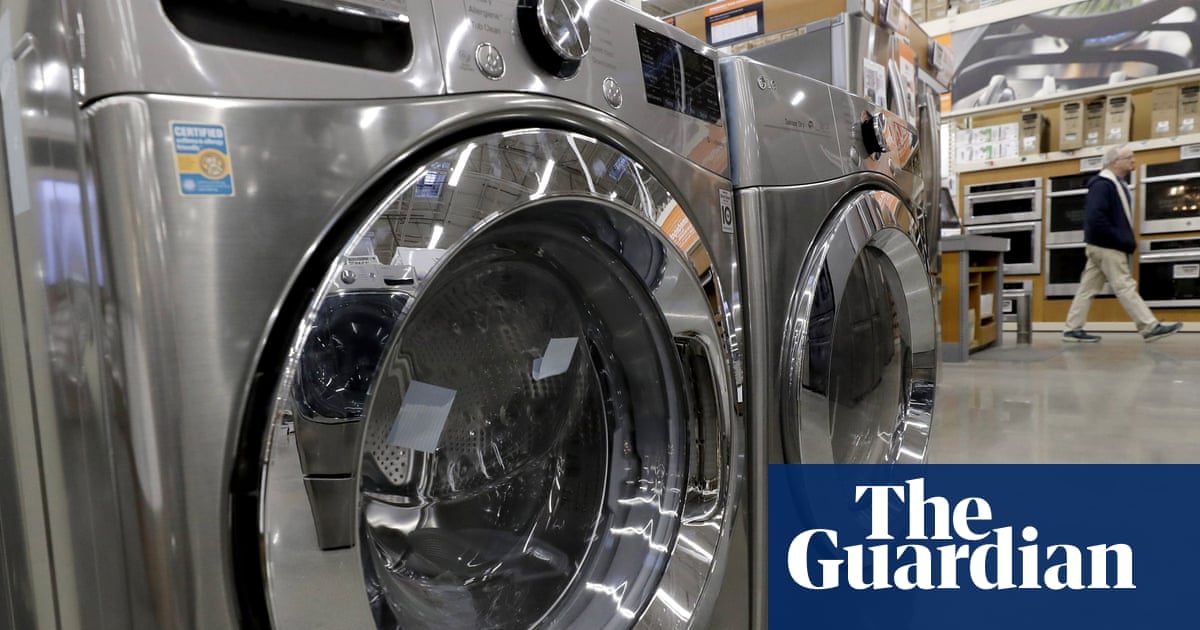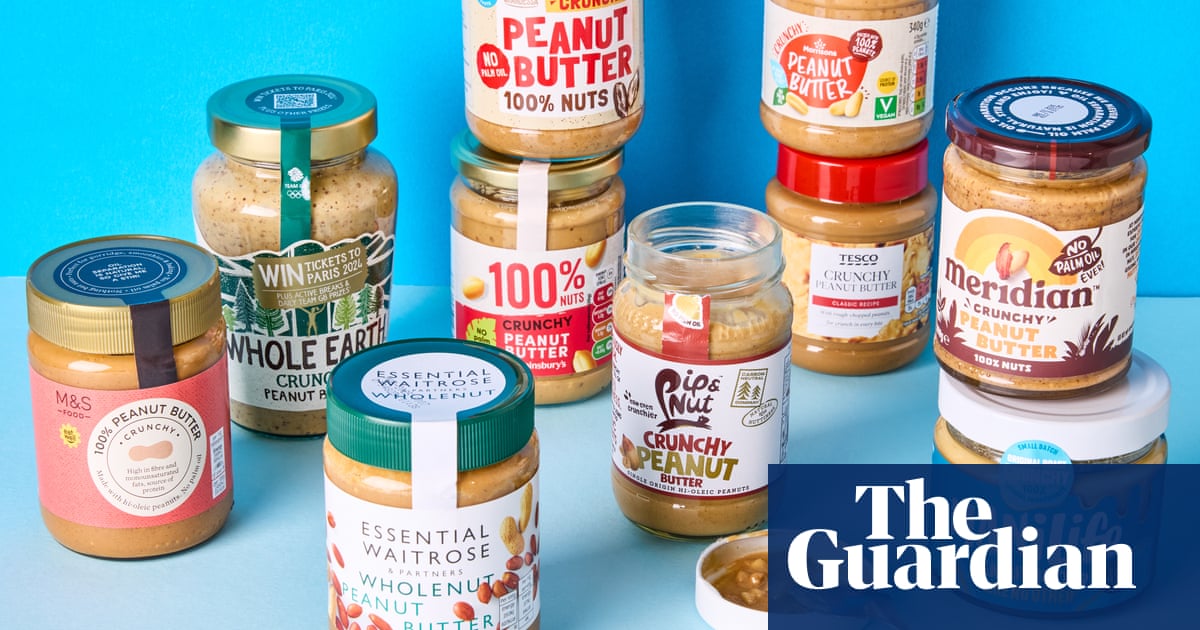The convenience of modern life is nothing short of astounding. As I write this, my phone is wirelessly sending some of the greatest hits from the 1700s (Bach, if you must know) to my portable speaker. I could use that same device to, within moments, get a car to pick me up, have food delivered to my house, or start chatting with someone on a dating app. To human beings from even the recent past this technology would be, to quote Arthur C Clarke’s third law, indistinguishable from magic.
The fact that, as a culture, we seek out and celebrate such short cuts is understandable. They take much of the tedium out of life, make it easier to have fun, and save us time and energy. That said, most people are able to intuit that convenience has a darker side.
Before we get into that, it is important to understand why convenience is so seductive in the first place. We often resist doing precisely the things we need to do in order to make progress; whether that’s our taxes, the report due next week, or a workout. Behind every well‑intentioned plan lurks this dreaded sense of inertia. Why is this resistance – and our corresponding appetite for ease – such an integral part of our makeup?
Here, insights from evolutionary psychology (particularly the idea of “evolutionary mismatch”) can help. Evolutionary mismatch is the notion that we evolved for a hunter-gatherer lifestyle, and that while our circumstances have changed drastically, our brains and bodies haven’t. It says that our instincts are often horribly incompatible with our environment.
Looking at the problem through this lens, a degree of inbuilt lethargy, and the desire for short cuts, makes a lot of sense. For hunter-gatherers, food, and therefore energy, was scarce and inconsistently available. Early humans were also vulnerable to things like harsh weather and predators. Surviving meant not using our energies flagrantly or irresponsibly.
Resistance was a necessary counterbalance to the intense flurries of activity that punctuated hunter-gatherer life: foraging for food in driving rain, or running to escape a dangerous animal. It’s the reason we still ask: “Do I really have to be doing this? Shouldn’t I save my energy?” The people who were inclined to remain sheltered during a blizzard, when the prospect of obtaining food was low, were more likely to live and pass on their genes to the next generation. And since those guys are our ancestors, we’ve inherited that disposition.
Since that time, of course, innovation has changed things radically. We’ve bent technology and our environments at least partly to serve our natural instinct to conserve energy. The question is: what do we stand to lose by following our inclination to prioritise comfort and convenience? Few people would argue with the fact that, say, washing machines, trains and telephones have freed us to lead more fulfilling and creative lives. As I said at the beginning, more advanced technologies undoubtedly have their pleasures and opportunities, too. But there’s evidence to suggest that contemporary hyper-convenience can also make our lives more, not less, difficult.
Take, for example, the increase in depression and anxiety that some have linked to smartphones and social media. Likewise, the explosion of metabolic problems over the past several decades that can be directly attributed to sedentary lifestyles and a reliance on convenient, calorie-dense but nutrient‑poor food. Levels of loneliness have become sufficiently problematic that the UK has had a “minister for loneliness” since 2018. Such loneliness, it could be argued, would simply not be possible without the technologies, from comms to home entertainment, that allow people to live such separate lives in the first place.
In my work as a psychotherapist, I have seen how leaning too hard on a coping mechanism can amplify the problem it was meant to alleviate. The sense of safety you get from staying home can make it more anxiety-inducing to go out later. The relief of avoiding an uncomfortable conversation with your spouse makes that conversation even harder to have subsequently. Using a dating app to avoid the awkwardness of flirting only weakens your social skills over time. Continually choosing the convenient path lessens your ability to deal with unavoidable difficulties. And, from an evolutionary perspective, some measure of discomfort is just as crucial to our survival as rest and relaxation. Our ancestors didn’t survive purely by being lazy, but through a combination of playing it safe and taking judicious risks: for example, pushing through the pain and effort of leaving a familiar home, in order to reap the rewards of a place closer to sources of food and better protected from the elements.
Modern hyper-convenience is a kind of deal with the devil. It is seductive because it appeals to our instincts, but it surreptitiously depletes us. It has made it easier to get by, but in many ways harder to truly succeed. Human flourishing and happiness is not just about subsistence, but also depends on growth, dynamic problem-solving, and solidarity through hardship.
Much of my work with my younger clients has been focused not on deep psychological conflict or the impact of trauma, but on approaching the basic tasks of living, such as making friends, handling work stress, or going to new places. What they tell me repeatedly is that the discomfort of such tasks feels overwhelming, and their worlds are shrinking in consequence.
Ideally, today’s conveniences should serve as the support systems that help us move towards worthwhile goals, be they exercising for better health, building a career, raising a family, making a work of art, or teaching and mentoring others. Meeting these goals always involves some kind of inconvenience, but it is this difficulty itself that shapes and develops our character.
after newsletter promotion
In the technological world we have fashioned, we must sometimes make a conscious effort to act in opposition to our instincts. As a culture, we must remember – and remind our young people – that while convenience feels good in the moment, our capacity to adapt and overcome challenges is part of our evolutionary heritage too, and central to the adventure of life.
Dr Alex Curmi is a psychiatrist, psychotherapist and presenter of The Thinking Mind podcast.
Further reading
Good Reasons for Bad Feelings: Insights from the Frontier of Evolutionary Psychiatry by Randolph M Nesse (Penguin, £10.99)
Behave: The Biology of Humans at Our Best and Worst by Robert Sapolsky (Vintage, £12.99)
The Anxious Generation: How the Great Rewiring of Childhood Is Causing an Epidemic of Mental Illness by Jonathan Haidt (Allen Lane, £25)

.png) 2 months ago
19
2 months ago
19













































